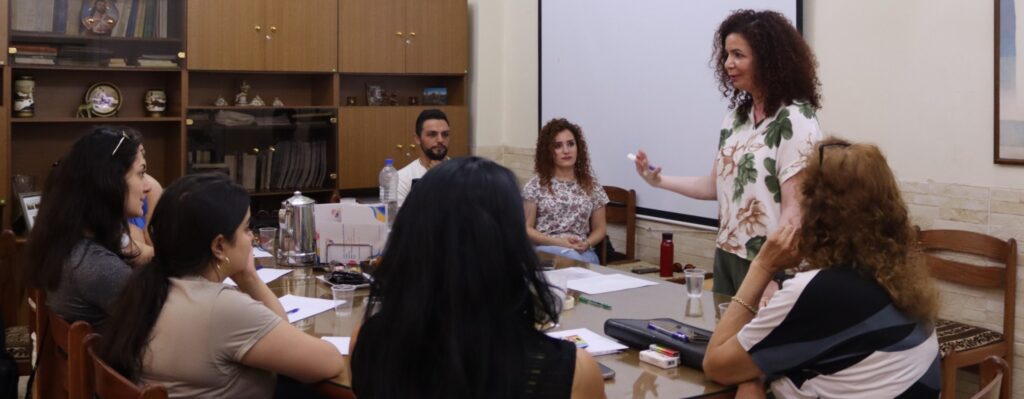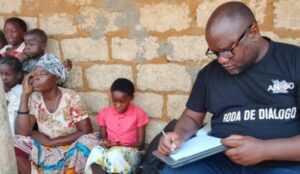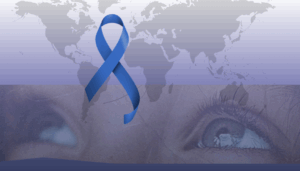By Samar Abou Assaly, Safeguarding Training Facilitator, French Speaking Units
Throughout our safeguarding journey, multiple meetings have been held with designated safeguarding personnel via Zoom, WhatsApp, and in person, including site visits to various OLCGS ministries and apostolates.
These discussions have focused on addressing challenges, understanding needs, and responding to concerns. The goal has been to enhance the capacity of partners-in-mission, sisters, and safeguarding personnel – and to familiarize all with safeguarding practices.
In doing so, we have sought to respond to the Call to Action on a Congregational Strategic Plan, which makes reference to our safeguarding policy and is the foundation of our Congregation-wide strategic plan for safeguarding.
Our efforts have allowed the Congregation’s Safeguarding Team to develop tools and procedures tailored to the local context. These resources are crucial for implementing safeguarding policies and help us evaluate action plans, ensuring that our work aligns with the evolving needs and feedback of our stakeholders.
Additionally, the Safeguarding Team holds a weekly meeting online to communicate and coordinate our responsibilities as facilitators. We also meet in person once a year to review the annual action plan, new learnings, etc. To ensure we remain current and fully equipped for our roles, each team member has committed to participating in online training offered by expert international organizations on safeguarding.
Personally, I recently completed Tier Two of the Investigator Qualification Training Scheme with Humentum, which spanned over August and September, 2024. Below are some of the key insights from this training:
Cultural sensitivity in safeguarding: Traditional and cultural beliefs significantly influence how risks of sexual abuse, harassment, and exploitation are managed. In many cultures, taboos, and stigmas surrounding these issues can deter victims from reporting abuse or seeking help, thus exacerbating the problem.
Victim reluctance: Survivors may hesitate to disclose sensitive information due to fear of retaliation, stigma, or disbelief. It’s essential that organizations foster an environment that supports and encourages victims to speak up.
Emotional impact of investigations: Investigating allegations can be emotionally and psychologically taxing for both investigators and victims. Offering psychological support to all involved is critical to ensuring a fair and compassionate process.
Preservation of evidence: Evidence may be altered or lost over time. Therefore, strict protocols must be implemented to preserve evidence and maintain the integrity of investigations.
Survivor-centered approach: This approach ensures that the dignity, safety, and consent of the victim are prioritized throughout the investigation.
Confidentiality: This remains paramount at every stage of the process.
In alignment with these principles, the safeguarding team has developed a comprehensive suite of documents, including a code of conduct, risk assessments, context mapping, a reporting flow chart, reporting forms, and other resources., many of which are now accessible in the updated section for safeguarding in the Congregational website. However, despite these advancements, there is still hesitancy to report incidents that violate the code of conduct or instances of abuse, underscoring the need for continuous improvement in building trust and promoting open communication.
I am grateful for the opportunity to have completed this training, which has bolstered my confidence and reassured me in fulfilling my responsibilities as a safeguarding trainer.







